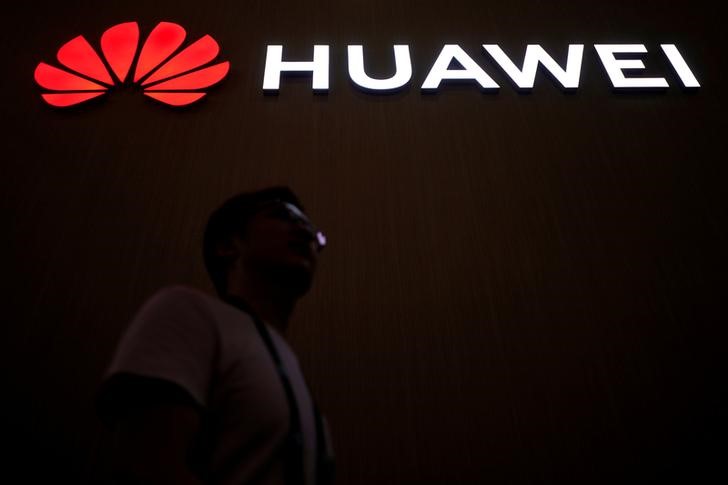PARIS (Reuters) - China's Huawei, the world's largest maker of telecommunication network equipment, does not see itself becoming the target of U.S. sanctions and will keep buying U.S. chips this year, one of its three rotating chairmen told a French newspaper.
Huawei, also the world's third-largest smartphone maker, is a private company but has found itself battling perceptions of ties to the Chinese government, which it has repeatedly denied.
Several U.S. lawmakers last month claimed its research funding to American universities posed a "significant threat" to national security, the latest difficulty Huawei has faced operating in the United States.
Another major Chinese telecommunications equipment maker, ZTE Corp (HK:0763), was hit last month by a $1.4 billion settlement deal after the U.S. government said the firm broke an agreement to discipline executives who conspired to evade U.S. sanctions on Iran and North Korea.
Asked if he feared his company could also be hit by sanctions, Ken Hu, one of Huawei's rotating chairmen, told Le Journal du Dimanche:
"It would be hard to imagine. Ten years ago we put in place a system to control our exports, which has become very efficient. Our policy is to closely implement all laws and regulations introduced by Europe, the United Nations and the United States."
Asked if Huawei could do without U.S. components, Hu said the company's logistical chain was international. "We must be open and choose the best technologies, the best products. We will therefore keep buying American chips this year."

Earlier this year, U.S. lawmakers asked Alphabet (NASDAQ:GOOGL) Inc's Google to reconsider working with Huawei, which they described as a security threat. And a deal with U.S. telecom firm AT&T Inc (NYSE:T) T.N to sell its smartphones in the United States collapsed at the 11th hour due to security concerns.